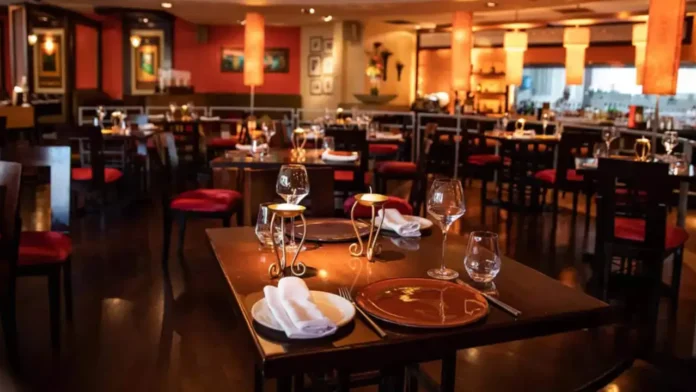As the state Congress regime prepares to unveil its second budget on Friday, hotels and restaurants are lobbying the government for industry status and streamlined licensing procedures. This status, similar to the one enjoyed by restaurants in Gujarat and neighboring Maharashtra, would provide them with benefits such as reduced property taxes and electricity tariffs.
According to Shyama Raju, President of the South India Hotel Association, only a handful of five-star hotels in Karnataka have been granted this status thus far.
“Hotels in Maharashtra got this status a few years ago…we hope that if the Karnataka government comes through, the rest of the south Indian states would follow suit,” Raju, who is the MD of Bengaluru’s Hotel Maurya said.
Continue Exploring: Mixed sentiments in food industry as Interim Budget unveils plans for economic growth
According to PC Rao, president of the Bruhat Bengaluru Hotel Association, the Congress had promised in its manifesto before the assembly polls to grant industry status to hospitality establishments with more than 20 employees. However, not even all of those establishments have been covered yet.
“Hotels in other states have this status and they can operate more efficiently, cost-wise. Right now, our application is on hold with the industries department,” he said.
He mentioned that irrespective of their status, all restaurants and hotels encounter the same bureaucratic hurdles concerning pollution control matters, as well as obtaining shop and trade licenses.
“It’s not fair to have different status but the same rules,” he said.
According to Arun Adiga, owner of Vidyarthi Bhavan in Bengaluru, while an industry status might alleviate some costs for establishments, restaurants and hotels face a significant hurdle each year due to the lengthy bureaucratic processes involved in renewing their civic body-issued trade licenses.
He added that both trade licenses and the FSSAI license, which also require annual renewal, essentially entail similar information.
He mentioned that a simple, non-air-conditioned restaurant must allocate INR 10,000 annually for renewing the license.
“It is a long, convoluted process to undergo every year, and it is even harder for eateries from Mangaluru or Hubli where the system has not been digitised yet,” he said.
Continue Exploring: Interim Budget 2024 sets the tone for inclusive development, FMCG executives optimistic
He suggested that civic bodies should issue perpetual trade licenses to restaurants and hotels instead of requiring them to renew their licenses annually.
Last year, the BBHA reached out to the Union Health Ministry, urging for the FSSAI license to be made perpetual as well, aiming to enhance the ease of doing business.
Adiga suggested that if that wasn’t possible, the government should at least contemplate simplifying the process, with a nominal fee of INR 100, irrespective of the type of establishment.





